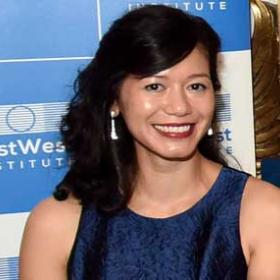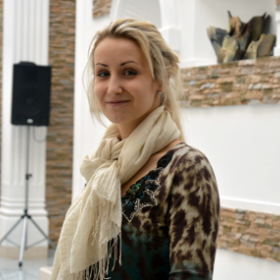
New Working Group on Counterterrorism Cooperation in Afghanistan Convenes in Moscow
On October 30-31, 2017 the EastWest Institute (EWI) convened the first meeting of the Joint U.S.-Russia Working Group on Counterterrorism in Afghanistan in Moscow, Russia. U.S. and Russian experts with backgrounds in the governmental, military, think tank and academic sectors gathered to discuss how the two countries, together with other regional stakeholders, can increase efforts to combat terrorism in Afghanistan. Acting officials from the Ministry of Foreign Affairs of the Russian Federation also met with participants in the framework of the meeting to discuss this issue of strategic concern for both countries. Led by EWI CEO and president Cameron Munter and director of EWI’s branch in the Russian Federation, Vladimir Ivanov, this meeting marks the first in a multi-year project, funded with the support of Carnegie Corporation of New York.
Over the course of one and a half days, U.S. and Russian experts shared their assessments of the security situation in Afghanistan and evaluated the impact of the terrorist and insurgent threat on the country, surrounding region and global community. Participants also exchanged views on U.S. and Russian interests in Afghanistan and the region; how terrorist and insurgent groups interfere with the state-building process in Afghanistan; and how policymakers in Washington, D.C. and Moscow might pursue joint action on counterterrorism.
Although counterterrorism continues to be a mutually sensitive issue, it also remains an area in which both countries seek robust cooperation in contrast to the many other strains on the bilateral relationship. Participants agreed that misinterpretation and lack of communication between the two countries remains a major obstacle to combatting this threat.
With an eye toward generating positive momentum in the U.S.-Russia relationship, the Working Group will drive much-needed dialogue at the Track 2 level and specifically with respect to counterterrorism efforts in the war-torn country. Over the course of two years, the Working Group will also meet in Washington, D.C., Brussels and Astana, with interim workshops scheduled in New York and Moscow. The Working Group will produce a joint threat assessment, which will provide policymakers with an independent, up-to-date consensus assessment of the terrorist threat in Afghanistan and serve as the basis for future counterterrorism cooperation.
Photo credit: Anna Renard-Koktysh


